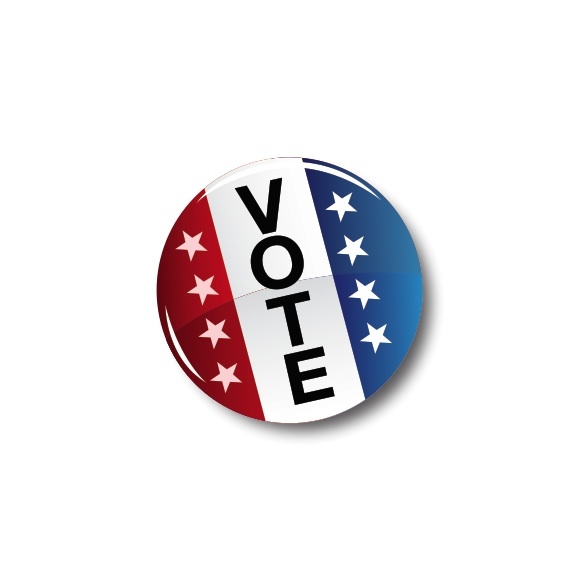AUGUSTA – State voters will finally decide the fate of a suite of long-debated reforms to Maine’s tax code on June 8.
Billed as revenue-neutral, the reforms endorsed by the Legislature last year are estimated to reduce the overall tax burden on Mainers while raising additional revenues by expanding the sales tax and increasing the taxes imposed on tourists.
The reforms have four key planks:
• They change the state’s top income tax rate from 8.5 percent to a flat 6.5 percent on income up to $250,000; income above $250,000 would be taxed at the slightly higher rate of 6.85 percent.
• They change how state income tax filers claim exemptions and deductions by instituting new tax credits. The credits include a reform of the state’s earned income tax credit, and credits for Mainers who don’t earn enough to pay state taxes.
• It expands the state’s 5 percent sales tax to more than 100 new goods and services.
• It increases the meals and lodging tax from 7 percent to 8.5 percent.
The Maine Revenue Service has said tax reform would lower income taxes or provide a refundable credit for 95.6 percent of Maine filers.
The agency, after analyzing tax returns and buying habits, also concluded that poorer Mainers would be more likely than the highest earners to receive overall tax cuts.
Lawmakers who support reform, such as Rep. Thom Watson, D-Bath, said a broader sales-tax basket that includes services such as labor on auto repairs provides a steadier revenue stream in a down economy.
Maine’s sales tax code was written decades ago when the economy relied largely on manufacturing and trade. Now services dominate. Before the recession, Watson said, taxes on building supplies and automobiles made up 36 percent of the state’s total sales tax revenue.
A 2008 survey by the Federation of Tax Administrators found Maine holding one of the narrowest sales-tax bases in the country, taxing 25 categories. The national median is 55, and the high — Hawaii — taxes 160 categories.
Reform supporters and certain economists have also argued that tourists and tourism should be subject to increased taxation.
Maine Revenue Service estimates tourists would pay $25 million in new sales taxes in 2011 if reform is implemented, largely from the increased meals and lodging tax.
“I don’t think anyone, when they’re considering a destination location, considers the meals and lodging tax,” said House Majority Leader John Piotti, D-Unity, who pointed out Vermont and New Hampshire each have combined meals and lodging taxes of 9 percent.
But opponents of reform note Maine residents would also pay the increased meals and lodging tax, at an estimated cost of $53 million.
Sen. David Trahan, R-Waldoboro, led the campaign to freeze implementation of the reforms and put them on the June 8 ballot.
“The tourism industry is small businesses, shopkeepers, waitresses, people with faces, families and bills to pay,” he said at the recent GOP state convention.
Recreation and amusements, such as miniature golf, would be taxed for the first time under the reforms. However, Trahan and other opponents, such as Curtis Picard of the Maine Merchants Association, note that skiing and golf were exempted from the tax expansion and call it hypocritical.
“How can you justify taxing auto repairs, when you leave out the ski industry and the golf industry?” Picard said.
Piotti said Gov. John Baldacci excluded them to promote exercise and avoid saddling resorts with a tax increase in addition to the meals and lodging hike.
The revenue lost from their exclusion, he added, was offset by adding the 6.85 percent tax bracket on income over $250,000.
Question 1 on the June 8 ballot reads: “Do you want to reject the new law that lowers Maine’s income tax and replaces that revenue by making changes to the sales tax?”
A “yes” vote favors repeal. A “no” vote would allow the reforms to go forward.
Maine Today Media State House Reporter Ethan Wilensky-Lanford can be reached at 620-7016 or at:
ewlanford@mainetoday.com
Send questions/comments to the editors.



Success. Please wait for the page to reload. If the page does not reload within 5 seconds, please refresh the page.
Enter your email and password to access comments.
Hi, to comment on stories you must . This profile is in addition to your subscription and website login.
Already have a commenting profile? .
Invalid username/password.
Please check your email to confirm and complete your registration.
Only subscribers are eligible to post comments. Please subscribe or login first for digital access. Here’s why.
Use the form below to reset your password. When you've submitted your account email, we will send an email with a reset code.